Starting in 1937, the Japanese economy was greatly influenced by the wartime shift Preferential use of commodities for the military use led to a massive shortage of goods. In May of 1939, an official rate was stipulated for beer, and a rationing system was employed the year thereafter. In May of 1943, the use of labels on brands was suspended. All brands were to use, in lieu of their trademarks, the term “Beer.”
-
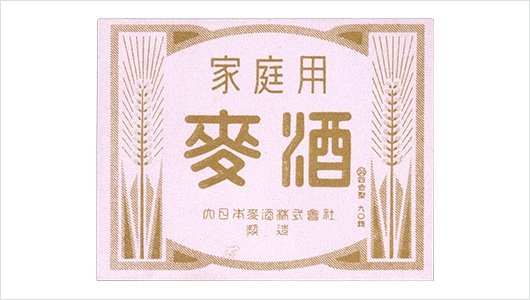
Beer labels by use -
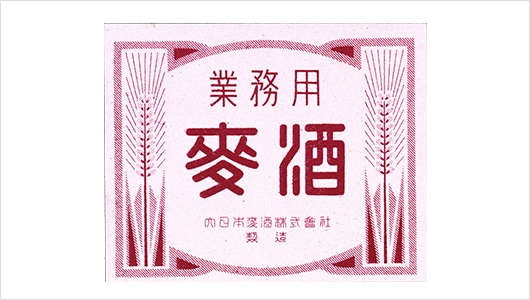
Beer labels by use -
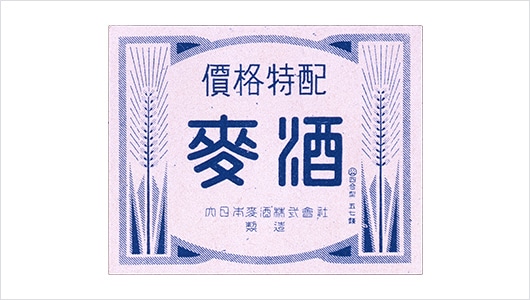
Beer labels by use -
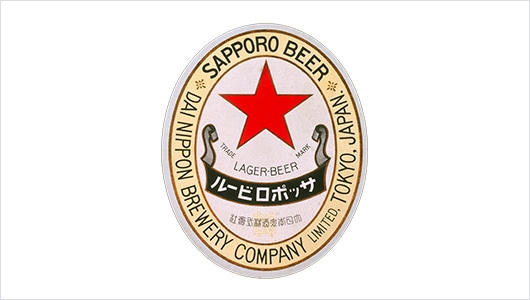
The beer labels for Dainippon Beer’s three major brands in 1936 -
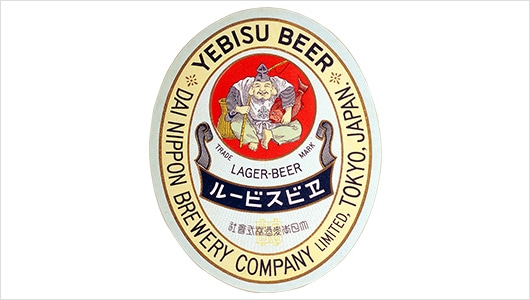
The beer labels for Dainippon Beer’s three major brands in 1936 -
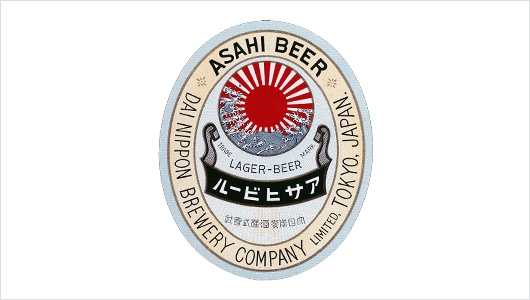
The beer labels for Dainippon Beer’s three major brands in 1936
桜麦酒株式会社の合併
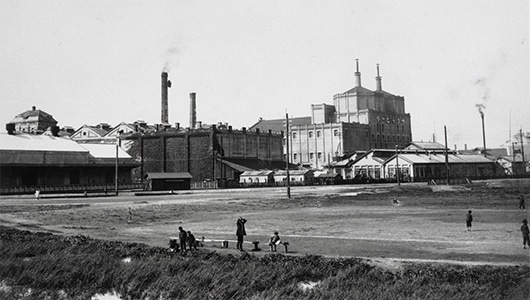
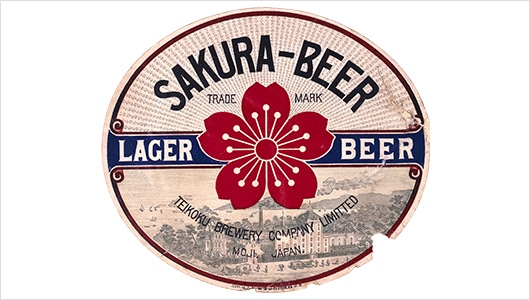
Following administrative orders imposed on corporations in 1943, Dainippon Beer merged with Sakura Beer in November of that year. The latter traced its roots to the Imperial Beer company, established in June of 1912 (it later changed its name to Sakura Beer in 1929). When the firm was incorporated, it received support from the Suzuki Shoten in Kobe, which provided a plot of land for the plant. In April of 1913, the beer brewery was constructed in what is now present-day Dairi, Moji-ku, Kitakyushu. In July of the same year, the Sakura Beer brand went on sale. As the years went by, beer continued to sell briskly. Yet in April of 1927, Suzuki Shoten went bankrupt, so it fell on Imperial Beer to make good on the company’s outstanding debts. This meant they were forced to continue without paying dividends until the first half of 1938. Sakura Beer, which had just one plant in Japan, did not reach even 7% of the share of the market. After the outbreak of war and restrictions on beer manufacturing, it had too much equipment and personnel on its roster, so it was subject to government redistribution.